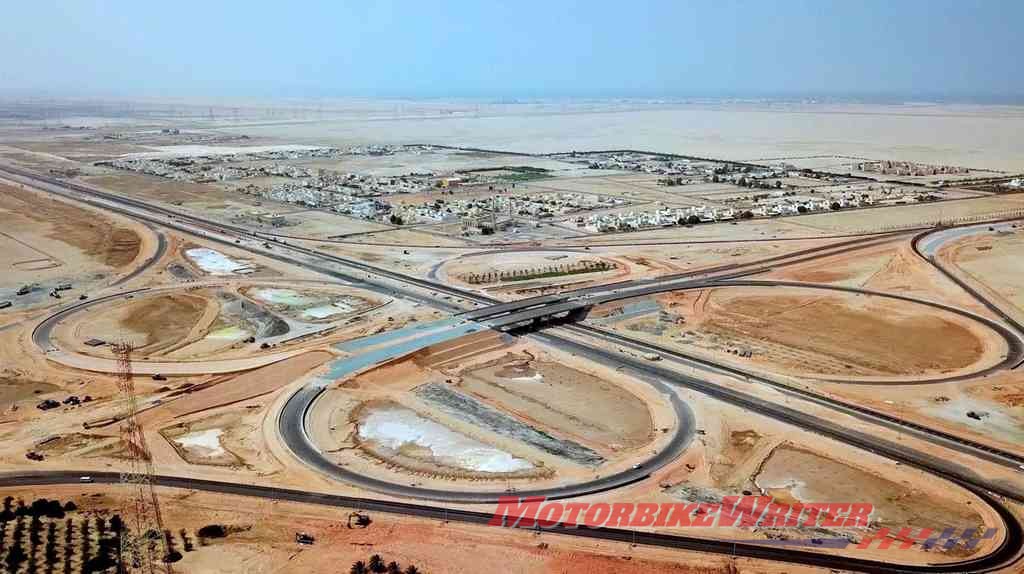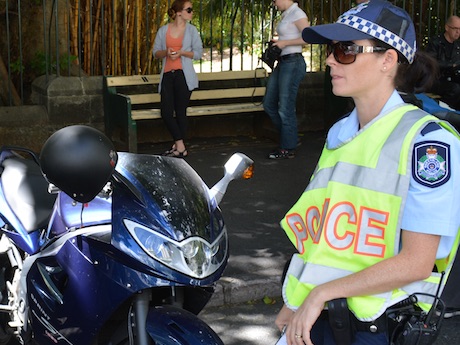A new Monash University survey is asking the public about speed limits, point-to-point speed cameras and a proposal for a 40km/h suburban limit in the ACT.
While it may seem a progressive move, the research will be compiled by the Monash University Accident Research Centre which is known for its bias towards decrease speeds, more speed cameras and increasing fines. It also tends to neglect riders.
Riders should deluge the survey and show the politicians what motorists really think.
Ok, it says you have to be an ACT resident, over 18 and have an ACT motorcycle licence, however as riders who travel through the region, it surely must be worthwhile having your say.
It only takes 5-10 minutes to complete online and it is anonymous, so they will never know if you are a resident or not.
Monash survey
It begins by asking how fast motorists should be allowed to travel in 60km/h and 100km/h zones before they are fined.
The Monash survey also asks about the 40km/h zones in pedestrian areas such as shopping centres and school zones.
It then moves on to some leading questions about enforcement, point-to-point speed cameras, your attitudes to speeding and whether you’ve been booked in the past couple of years.
The survey ends with a query about whether you are aware that the Access Canberra website allows people to nominate a location for a mobile speed camera, then asks for any extra comments.
The Monash survey is available online at and closes on 30 March 2018.
A full list of camera sites and operational logs is also available on the Government’s open data website at data.act.gov.au.
Speeding Arabs
Meanwhile, Abu Dhabi has set its highest speed limit of 160km/h on the new four-lane highway running into the capital.



Speed cameras will be set at 161km/h, rather than the 20km/h buffer elsewhere.
The new speed limit is being introduced to ease the flow of commercial traffic and support economic growth.




